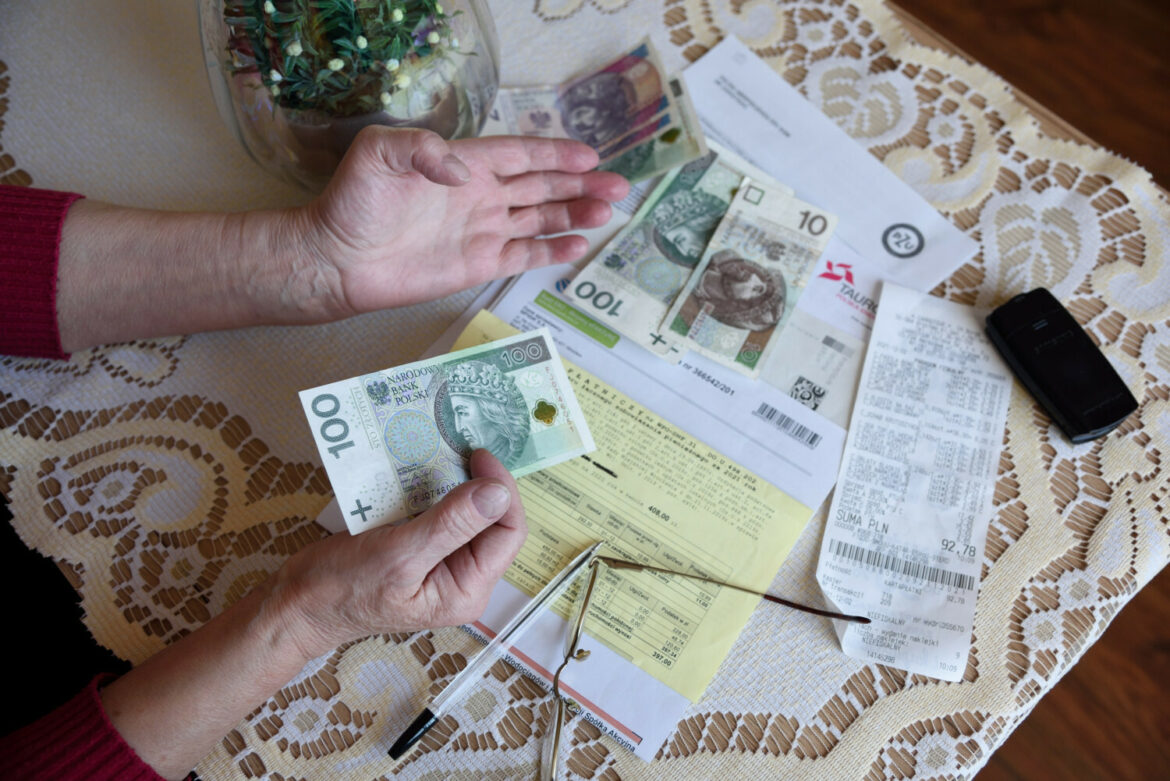At the end of the first quarter of 2022, there were over 1.5 million consumers with the so-called negative entry, i.e. information about arrears with payment in the database of the ERIF Economic Information Bureau. The average value of the debt of a person in the database is PLN 10,000.
The February ERIF survey shows that as many as 20% of Poles had problems with timely payments in the past. Such problems were more often declared by women (21%) than by men (18%). This is surprising because men dominate the debtors’ databases. The older the examined person was, the more often he declared payment problems. In the 18-24 age group they were only 13%, and in the +55 group – 24%.
The survey shows that payment problems affect all social groups – women, men, young people and seniors. These problems may emerge along with the objectively growing economic problems in the world and in Poland. In the end, they translate into the welfare of the average Pole. It is worth mentioning that Poland suffers from the highest inflation in 22 years, which in March amounted to almost 11%. The prices of most services or goods are getting higher. Borrowers will also feel the recent decision of the Monetary Policy Council, which raised the main NBP rate from 3.5% to 4.5%, ie by 1%. “In addition, there will be economic consequences that will affect us as a result of the war across the eastern border, e.g. an increase in gas or food prices”, said Edyta Szymczak, President of ERIF Economic Information Bureau.
In the research, the ERIF office also checked how Poles want to receive reminders about overdue payments. It turned out that the respondents prefer notifications sent primarily by electronic means, but at the same time, they do not want to give up the traditional letter. The most preferred variants of notifications are: a letter plus e-mail plus SMS. As many as 41% of respondents indicated this model as optimal.
Adrian Andrzejewski





